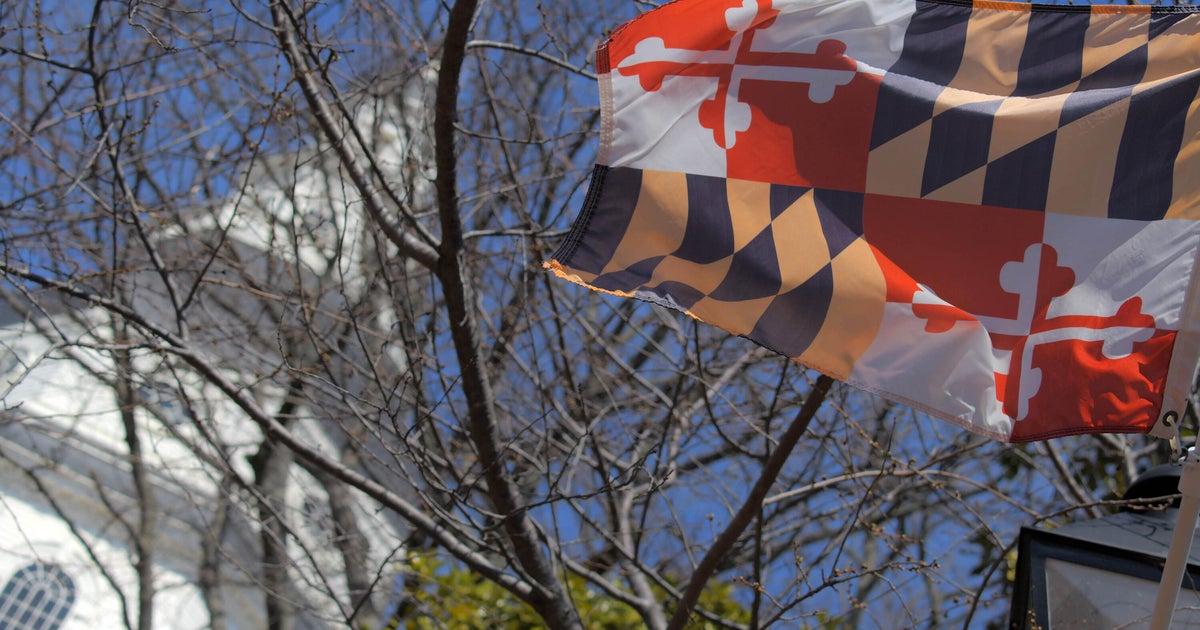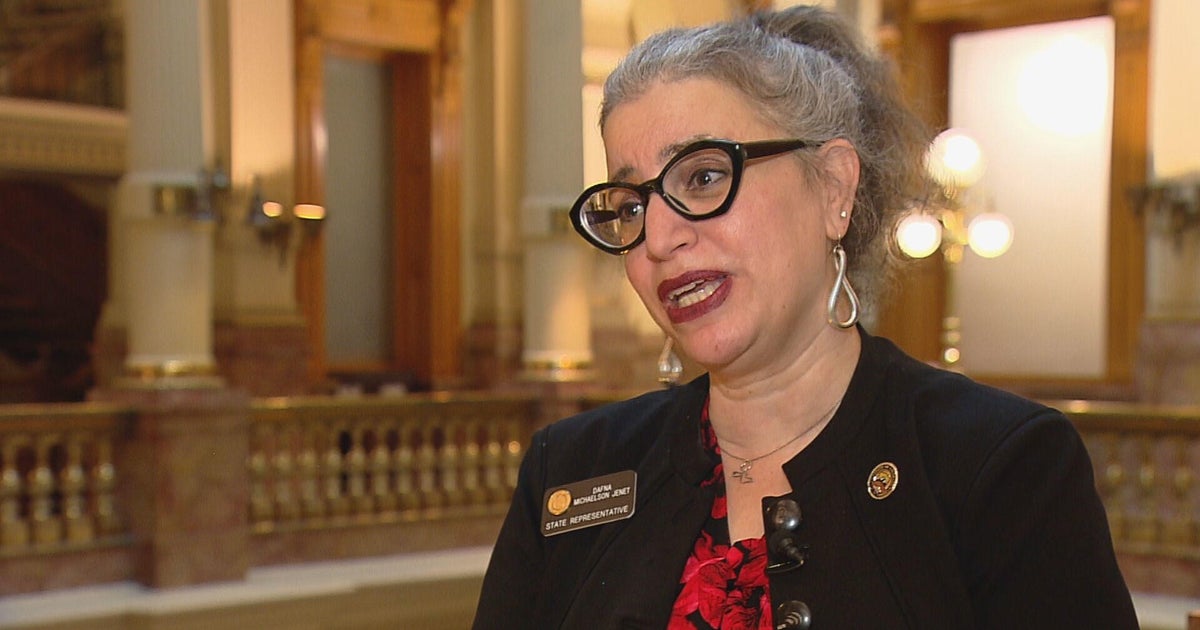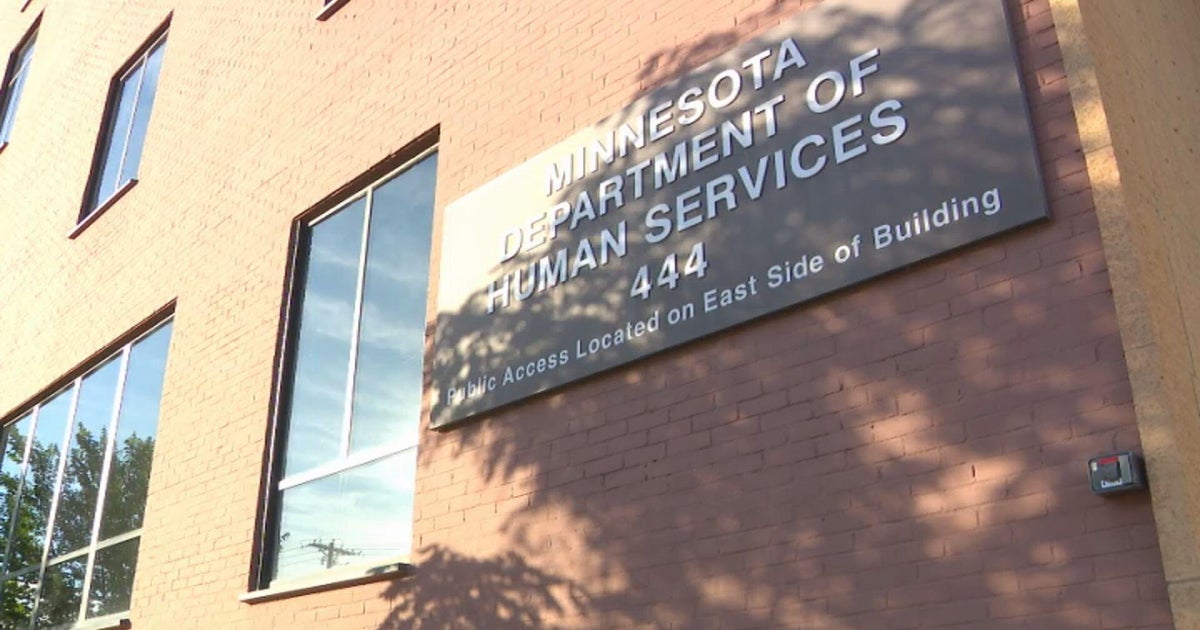Maryland Lawmaker: Officials Misled On Ransomware Attack
ANNAPOLIS, Md. (AP) — A leading Maryland lawmaker said Thursday that top legislators were misled about the seriousness of a cyberattack on the state health department.
Sen. Paul Pinsky criticized Maryland Chief Information Security Officer Chip Stewart during a hearing on Thursday, a day after Stewart announced that the Dec. 4 attack involved ransomware.
Pinsky, who chairs the Senate Education, Health and Environmental Affairs Committee, cited a Dec. 22 briefing he participated in about the attack with House Speaker Adrienne Jones and Senate President Bill Ferguson. At the time, he said, Stewart only called it "an incident" and neglected to say it was a ransomware attack, even though he knew it was at the time.
"You basically misinformed them," said Pinsky, a Prince George's County Democrat. "You were dishonest and the governor's staff was there, too, and I don't know who was part of this collaboration to misinform or disinform the public and the legislature, but I think there's got to be an accounting, and while we can't bring up perjury — this is not a court of law — I think it's shameful."
Stewart said he remembered the briefing differently.
"I will apologize if this seems to be an attempt to mislead," Stewart said. "It is certainly not that. So, we've kept details of what occurred very close to the chest, because it's a criminal investigation and having those details come out could impede our ability to contain and mitigate the incident."
Michael Ricci, Gov. Larry Hogan's spokesman, said Pinsky was wrong to say the lawmakers were misled.
"He's wrong about that, but it certainly wouldn't be the first time Mr. Pinsky has tried to manipulate a situation for political gain," Ricci said.
Lawmakers also have long been critical about a lack of transparency regarding the administration's purchase of 500,000 COVID-19 tests from South Korea in 2020.
During the hearing, Pinsky criticized the handling of the ransomware attack for not being transparent.
"Mr. Stewart, I've seen enough dancing," Pinsky said. "You know, I've heard 40 minutes of dancing, and apparently I heard dancing on Dec. 22, and the public should expect more than that."
Stewart announced Wednesday that the disruption affecting the release of data on the state's coronavirus website was caused by a ransomware attack that involved a demand for payment, which was not paid.
Pinsky wanted to know what took so long.
"Why did that happen yesterday, when we've had six weeks prior to that? And it's unfortunate that we don't know what to tell the public," Pinsky said. "People are asking us, and we don't know who to point to to say you can trust."
In his announcement Wednesday, Stewart said the health department was able to isolate and contain its systems within several hours of first detecting the attack. He said an ongoing investigation has not identified evidence of unauthorized access to or acquisition of state data.






